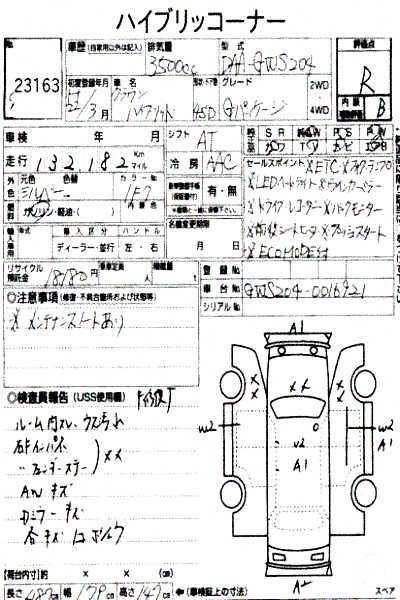
📖 Overview
Japanese imported vehicles have gained worldwide recognition, including in countries like Bangladesh and Pakistan, thanks to the reputation of Japan’s auction houses. The performance, reliability, and transparency offered by Japanese car verification systems have made these vehicles highly desirable.
Japan exports both brand-new and used vehicles globally, but verifying a used Japanese car before purchase is essential. Auction sheet verification helps buyers understand the real condition of a car, protecting them from unexpected issues. As the popularity of Japanese used cars has grown, so has the importance of checking their history before making a deal.
Used cars are a great way to save money—but only if they’re verified properly. Skipping the verification process may lead to serious financial loss. Don’t risk your hard-earned money—always verify before buying.
⚠️ Why Japanese Used Car Purchases Can Be Risky
Buying a Japanese used car becomes risky only when you skip auction sheet verification.
Japan’s auction system includes thousands of damaged or repaired vehicles, often sold at lower prices. While these cars may look fine, their performance, safety, and reliability may be compromised.
Japanese cars are admired for:
- Smooth and comfortable ride
- Efficient fuel economy
- Long-lasting engine quality
- Advanced technology
But all of this is true only if the vehicle has not been involved in serious damage or tampering.
If a seller cannot provide an authentic auction sheet, or if the chassis number doesn’t return a valid report, that’s a red flag. It means the car may have bypassed official channels or was bought outside the auction system—possibly an accident car.
Tip: If there’s no auction record for a specific chassis number, walk away. It’s not worth the risk.
📅 How Long Are Auction Sheet Records Available?
Most major Japanese auction houses maintain auction sheet records for up to 10 years. However, some sellers will falsely claim that a record doesn’t exist because it’s “too old”—this is often a cover-up.
Here’s what you need to know:
- Authentic cars sold through auction usually retain a traceable record.
- If there’s no record, the vehicle may have been purchased privately or through non-transparent channels.
- Always verify the record through a trusted platform like TrueReportJP.com using the chassis number.
If the car was truly bought from a Japanese auction, the auction sheet should still be available, unless the vehicle is older than 10 years and the data has been purged.
✅ Conclusion
If you’re working with a limited budget, buying a used car is a smart and practical choice. But remember: only Japanese used cars come with auction sheet reports that offer peace of mind.
Local cars do not provide this level of transparency. This is exactly why Japanese cars dominate the used car market—they offer proof of condition, performance, and history.
Complete the car verification process before you buy. It’s the smartest way to:
- Avoid damaged or accidental vehicles
- Confirm real mileage and condition
- Make a safe and valuable investment
When in doubt—verify the auction sheet or walk away.
Would you like this version as a webpage, brochure, or formatted blog post? I can also add call-to-action buttons or integrate it with TrueReportJP links.
